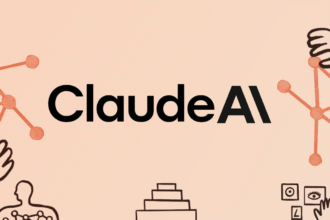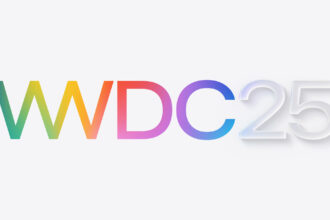OpenAI has filed a countersuit against co-founder Elon Musk, alleging he has employed “bad-faith tactics” to slow the company’s progress and seize control of cutting-edge AI innovations for personal gain.
The dispute dates back to Musk’s 2022 lawsuit against OpenAI CEO Sam Altman, aimed at preventing changes to the company’s corporate structure.
Musk, who left the organization in 2018, contends that OpenAI strayed from its original mission as a nonprofit dedicated to the betterment of humanity through AI research—thereby breaching its founding principles.
A U.S. federal judge in Oakland, California, recently set a trial date for March 2026, expediting the process but declining Musk’s request for an injunction to halt OpenAI’s shift from a non-profit to a for-profit entity.
While Judge Yvonne Gonzalez Rogers has indicated Musk is expected to testify, the countersuit from OpenAI intensifies the feud by accusing Musk of deliberate interference.
Elon’s nonstop actions against us are just bad-faith tactics to slow down OpenAI and seize control of the leading AI innovations for his personal benefit,” OpenAI stated. “Today, we countersued to stop him.
The legal wrangling comes as both parties pursue ambitious AI agendas. Musk’s xAI, a competitor to OpenAI, recently acquired social media platform X (formerly Twitter) under a new entity, XAI Holdings, which Musk values at over $100 billion.
In February, Musk made an unsolicited $97.4 billion bid to acquire OpenAI outright—an offer Altman promptly dismissed, suggesting instead that OpenAI could buy Twitter for $9.74 billion if Musk was interested.
Musk’s attorney, Marc Toberoff, maintains that OpenAI’s leadership failed to properly evaluate the takeover proposal. “Had OpenAI’s Board genuinely considered the bid, as they were obligated to do, they would have seen just how serious it was.
It’s apparent they prefer to negotiate with themselves on both sides of the table than engage in a bona fide transaction in the best interests of the charity and the public. —Marc Toberoff
Industry experts warn that the escalating fight over control and monetization could overshadow vital discussions around developing AI technology safely and equitably. “That takes a backseat with all this rigmarole,” according to Ari Lightman, Professor of Digital Media and Marketing at Carnegie Mellon University.
As the two sides prepare for a courtroom showdown in 2026, the stakes extend well beyond individual corporate interests. The outcome may significantly influence how AI research and innovation are governed, financed, and made accessible to the wider world.














